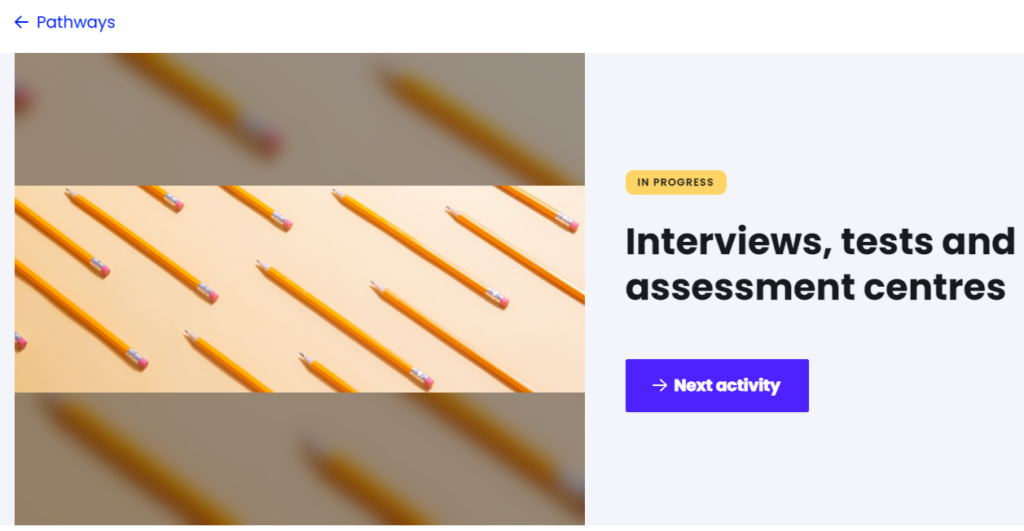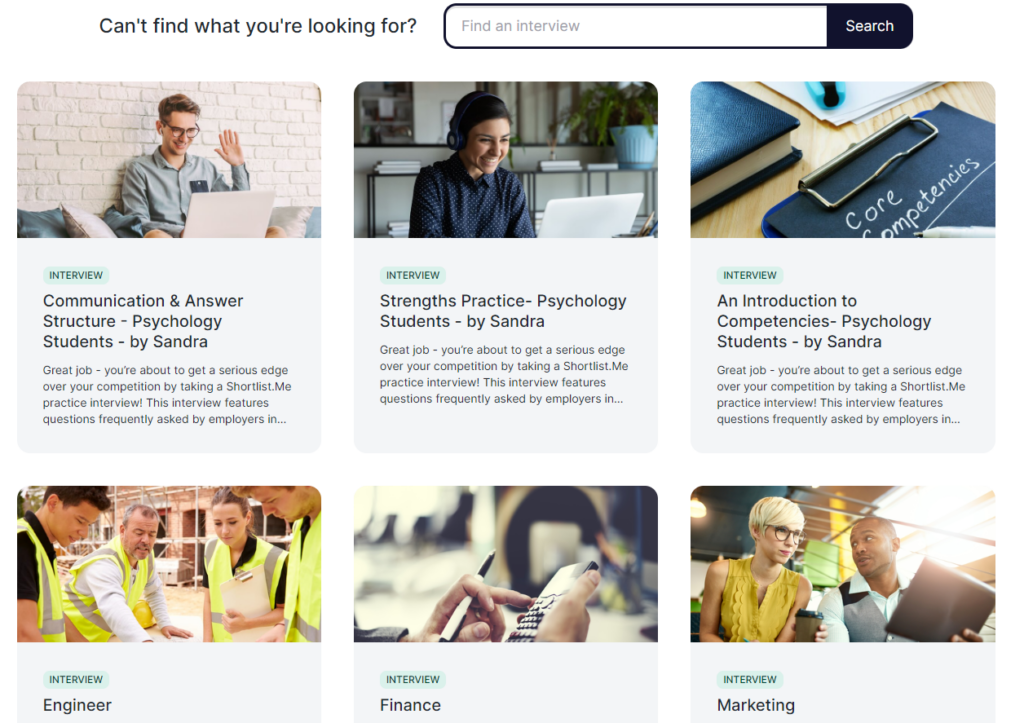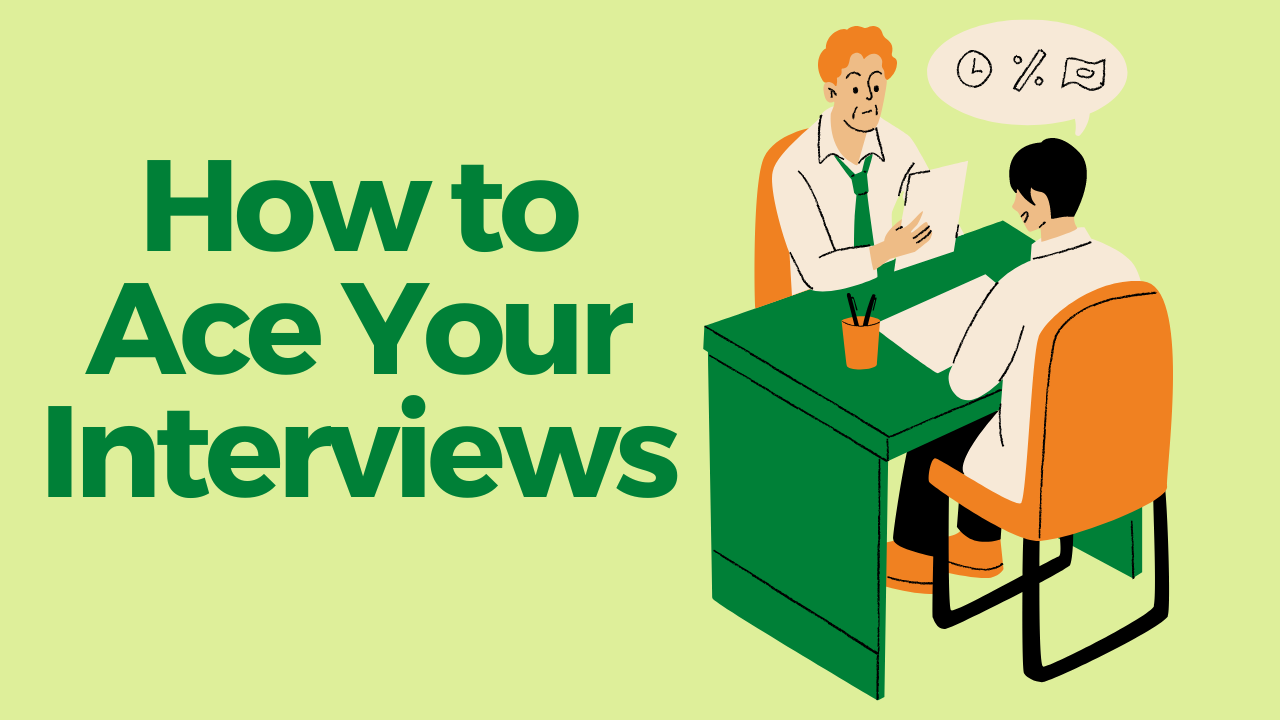Quaisr is a start up in the area of simulation and digital twins. They have two roles which are suitable for thos ewith an interest in HCI, systems engineering or simulation
Tips for your placement year
Hi, I’m Maisie and I’m in my final year at Newcastle University studying computer science. Last year, I did my placement with Deep Secure, a cyber security company which provides cyber security defence products to businesses. I worked in the research team as a research assistant for the company. I will be returning to Deep Secure next year to work as a software engineer.
I learnt a lot during my internship and throughly enjoyed it. Below is a list of skills that helped me during my placement to get the most out of the experience. I hope this will be helpful if you are planning on doing a placement year.
Ask questions
One of the most important things I learnt during my internship was to ask questions. You are not expected to know everything and it is an invaluable opportunity to learn from others who have more experience than you. However, I found it is important to have done an appropriate amount of research before this, so you can ask more specific, purposeful questions. Asking questions was especially important when I was working independently, to help prevent feeling out of my depth. I did this by firstly asking for clarity if needed when given a new project proposal. This ensured I fully understood the requirements of the project. Then, at appropriate milestones, I made sure to ask for feedback from other team members to ensure I was reaching their expectations of what they wanted from the product. This helped me produce a more successful project.
Express what you projects you enjoy
Another thing I made sure to do when on my internship was to express what projects I had particularly enjoyed working on. This showed my enthusiasm for the role and I was then considered for similar projects which I also enjoyed. Similarly, I also expressed the skills I wanted to gain from my internship that aligned with my role in the company. For example, I was given the opportunity to give multiple presentations after expressing wanting to improve my communication skills. This helped me get the most out of my internship and learn new, different skills which I could not at university.
You don’t need to know everything
At the start of my internship, I was nervous that I might not know everything needed for my role. I would be using the programming language, Go, which was new to me. However, I did not need to be concerned, as my manager knew my starting level and aided me with my learning, by giving me projects gradually increasing in difficulty. I realised that the most important thing was just to get stuck into projects with enthusiasm, research was expected of me and I didn’t need to know everything initially. And of course, as before, it was perfectly okay to ask for help when needed. After a few weeks of my internship, I felt more comfortable in my role and had picked up most of the skills needed.
Be self-motivated
During my internship, I worked remotely, most of the time working on independent projects. Therefore self-motivation was very important skill for me to develop. I learnt to do this in a few ways. Firstly, I would set myself realistic daily objectives that I wanted to achieve. This helped me stay on track with project development and also helped with check-ins with my manager as I could easily show what I had accomplished and the progress that had been made to a project. Secondly, I tried to make the best use of my spare time and be proactive with tasks. Examples of this included updating older coding projects as my programming skills improved and researching different programming libraries which could be useful for upcoming projects. This way, I was able to show my manager I was able to take initiative and make the best use of my time.
Get to know the whole team
As I previously mentioned, I worked remotely during my internship. Therefore, getting to know all of my other team members was difficult. However, I tried to network with as many team members as possible. I met people on the sales team, the software engineering team, the research team and those in leadership. People in these different roles had different skills I could learn from and I was able to gain more experience. I was also able to learn more about the structure of the company and find out what departments I enjoyed. As well as this, it also just made my experience at the company more enjoyable and I am looking forward to going back.
How to Ace Your Interviews
In previous articles, I have covered how the university’s careers service can support you as you create CVs and write cover letters. Now it is time to move on to later parts of the application process: interviews, tests and assessment centres.
There is a lot to get through so this article will focus on the interview stage and other articles on tests and assessment centres respectively.

Interviews
A crucial step of the application process, the interview is what gives an employer a more accurate picture of who you are, what you can do, and how well you might work with the team.
Interviews are some of the most nerve-racking things you can do, regardless of your age. But there are ways you can prepare yourself for them.
There is a range of questions you may be asked:
Motivational questions (e.g. ‘Why do you want to work for us?’)
Employer-focused questions (e.g. ‘What do you know about us?’)
CV and career aspiration questions (e.g. ‘Tell me about your internship with…’ or ‘What is your career goal?’)
Hypothetical questions (e.g. ‘What would you do if X happened?’)
Competency or values-based questions. These might ask for previous examples of when you used skills or demonstrated values (e.g. ‘Give me an example of when you worked in a team to solve a problem’ or ‘Tell me about a time when you took pride in your work’)
Strength-based questions. These focus on what you like doing and what you are good at (e.g. ‘What motivates you?’ or ‘Do you prefer to work in a team or by yourself?’).
Two of best things to do are to practice and to prepare:
Practice
Interviews are a daunting task but the more you do, the better you will get and the more confident you will come across. Even an unsuccessful interview is successful in other ways.
Prepare
Hopefully, during your initial application, you researched the company. Now that you’ve secured an interview, you need to do more research. Get an understanding of what the company does, and what their policies are and make sure you understand what you would be doing in the job you are applying for. You might even be told who will be interviewing you, so try to look them up and what their roles are!
Practice answers to typical interview questions as well as searching online for previous interview questions that may have been asked by the company. A great methodology to stick to when answering interview questions is STAR (Situation Task Analysis Response). This structure is helpful as it allows you to use your past experiences to help portray what makes you suitable for the role. It is recommended that you try and write out answers to a range of questions using the STAR format, but use different scenarios for each, just to get practice with it as well as a range of information to pull from when asked a question during your interview.
With the pandemic, more and more interviews are being conducted online. It is easier to set up a zoom or teams than organise travel and book a room for an in-person interview. That is why it is a great idea to get as much practise as you can with this style of interview. The MyCareer’s page has tons of resources to help with this, but there is one I recommend checking out: Shortlist.me.
Shortlist.me is a practice video interview tool used by actual graduate recruiters to give an accurate view of what a video interview is like as well as AI-generated reports and your answers themselves to reflect on. You can participate in a range of video interviews for different fields as well as some strength-based interviews and employer-specific ones for NHS Digital, AstraZeneca and law firm, Womble Bond Dickinson.
As you can see there is a broad range of mock interviews you can attempt:

After completing one of these interviews, which asked six questions, I received the following feedback:

As you can see, it gives a useful breakdown of metrics like speech rate, filler words and time used. In addition to this feedback, you can look back at each of your answers and reflect on how you performed. Just attempting the questions is a great way to practice!
Also, be sure to remember that interviews are there to help you decide as well! Be sure to ask your own questions to figure out if you are the right person for this role. You don’t want to be stuck in a role that isn’t right for you.
Placements with Unity
- Unity Student landing page
- 2021/2022 Interns at Unity(article written by some of our most recently off-boarded UK interns)
- What it’s like to intern at Unity (written by @gerda.ugne.pupelyte who was previously an Intern… now an IC03 Engineer)
- Interviewing for Student and Intern Programs at Unity
- Interviewing at Unity Technologies: Intern Edition (more of an AMER perspective)
- Technical problems, learnings and day-to-day work at my Unity Internship (another article from a former Scotland intern… ironically, he worked remotely from South Wales
 )
) - Our first two advertised internships for 2023 (both the same JD) – Software Engineer, Intern, Brighton – Software Engineer, Intern, Edinburgh
Placement year games programming – Coconut Lizard
Coconut Lizard and d3t have intern positions for anybody interested in spending a year in game iindustry:
https://www.coconutlizard.co.uk/careers/programming-intern/
 | Programming Intern – Programming, Animation and Digital Art Jobs in the North East : Careers at Coconut Lizard Job Description. PROGRAMMING INTERNSHIP (Year in Industry – 2023 to 2024) We are actively looking for Programming Interns to take up the challenge and join our award winning team for 2023/2024. www.coconutlizard.co.uk |
Both those positions are available for the Coconut Lizard office in Gateshead and the d3t office in Cheshire.

